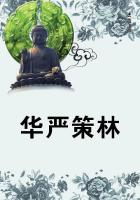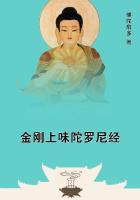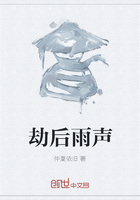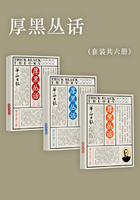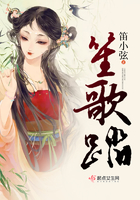Well, well, thought I, neither have children's tastes changed much.
And therewith we gave them good day and went out of the booth.
To my disappointment, like a change in a dream, a tall old man was holding our horse instead of the beautiful woman. He explained to us that the maiden could not wais, and that he had taken her place; and he winked at us and laughed when he saw how our faces fell so that we had nothing for it but to laugh also.
"Where are you going?" said he to ****.
"To Bloomsbury," said ****.
"If you two don't want to be alone, I'll come with you," said the old man.
"All right," said ****, "tell me when you want to get down and I'll stop for you. Let's get on."So we got under way again; and I asked if children generally waited on people in the markets. "Often enough," said he, "when it isn't a matter of dealing with heavy weights, but by no means always. The children like to amuse themselves with it, and it is good for them, because they handle a lot of diverse wares and get to learn about them, how they are made, and where they come from, and so on. Besides, it is such very easy work that anybody can do it. It is saiid that in the early days of our epoch there were a good many people who were hereditarily afflicted with a disease called idleness, because they were the direct descendants of those who in the bad times used to force other people to work for them--the people, you know, who are called slave-holders or employers of labour in the history books.
Well, these Idleness-stricken people used to serve booths _all_ their time, because they were fit for so little. Indeed, I believe that at one time they were actually _compelled_ to do some such work, because, they, especially the women, got so ugly and produced such ugly children if their disease was not treated sharply, that the neighbours couldn't stand it. However I am happy to say that all that is gone by now; the disease is either extinct, or exists in such a mild form that a short course of aperient medicine carries it off. It is sometimes called the Blue devils now, or the Mulleygrubs. Queer names, ain't they?""Yes," said I, pondering much. But the old man broke in:
"Yes, all that is true, neighbour; and I have seen some of those women grown old. But my father used to know some of them when they were young; and he said that they were as little like young women as might be: they had hands like bunches of skewers, and wretched little arms like sticks; and waists like hour-glasses, and thin lips and peaked noses and pale cheeks; and they were always pretending to be offended at anything you said or did to them. No wonder they bore ugly children, for no one except men like them could be in love with them--poor things!"He stopped, and seemed to be musing on his past life, and then said:
"And do you know, neighbours, that once on a time people were still anxious about that diseaseof Idleness: at one time we gave ourselves a great deal of trouble in trying to cure people of it. Have you not read any of the medical books on the subject?""No," said I; for the old man was speaking to me.
"Well," said he, "it was thought at the time that it was the survival of the old mediaeval disease of leprosy: it seems it was very catching for many of the people afflicted by it were much secluded, and were waited upon by a special class of diseased persons queerly dressed up, so that they might be known. They wore amongst other garments, breeches made of worsted velvet, that stuff that used to be called plush some years ago."All this seemed very interesting to me, and I should like to have made the old man talk more. But **** got rather restive under so much ancient history: besides, I suspect he wanted to keep me as fresh as he could for his great-grandfather. So he burst out laughing at last, and said: "Excuse me, neighbours, but I can't help it. Fancy people not liking to work!--it's too rediculous. Why, even you like to work, old fellow--sometimes," said he, affectionately patting the old horse with the whip. "What a queer disease! it may well be called Mulleygrubs!"And he laughed out again most boisterously, rather too much so, Ithought, for his usual good manners; and I laughed with him for company's sake, but from the teeth outward only; for _I_ saw nothing funny in people not liking to work, as you may well imagine.

